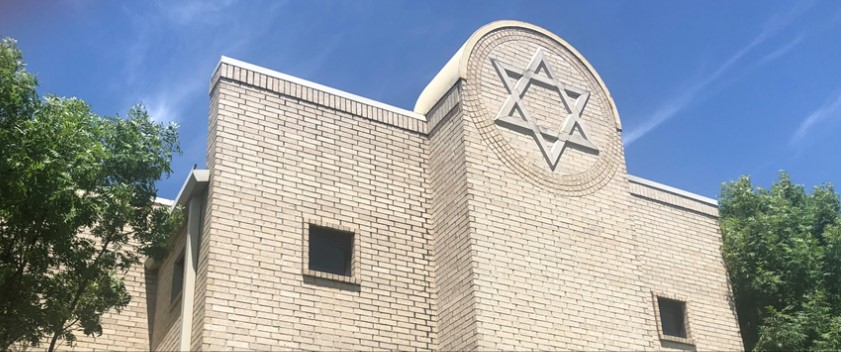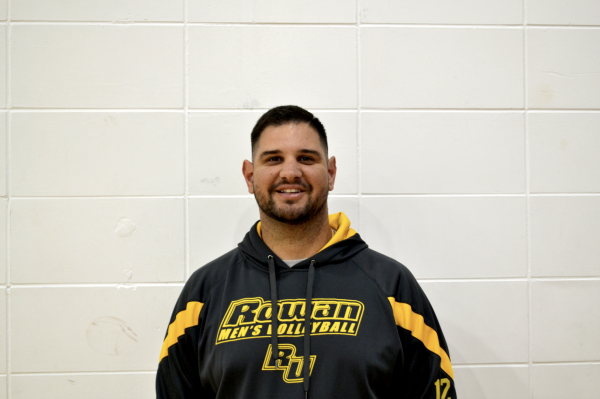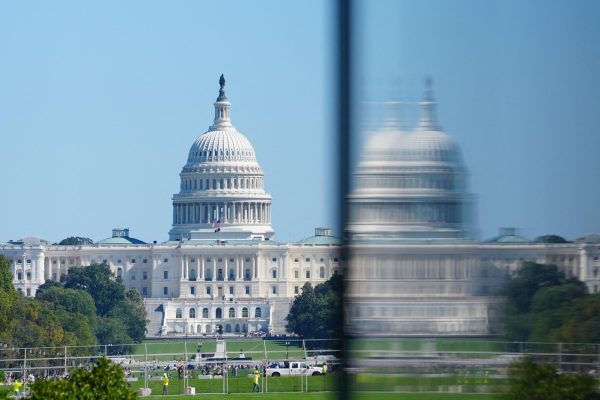NEWS ANALYSIS: Texas synagogue standoff exemplifies rise in anti-Semitism
Photo obtained from Congregation Beth El Administration/Google Maps
The 11-hour hostage standoff at Congregation Beth El in Colleyville, Texas, is one more example of the recent rise in anti-Semitic activity in America.
Four people were taken hostage at Congregation Beth El in Colleyville, Texas, on Saturday, Jan. 15. After 11 hours, all four hostages, including Rabbi Charlie Cytron-Walker and three congregants, were brought to safety. The terrorist, 44-year-old British citizen Malik Faisal Akram, was shot and killed in a stand-off with the police after the hostages had escaped.
In an interview with NPR, Rabbi Cytron-Walker explained the situation at length. Pretending to be cold, Akram asked to be invited into the synagogue for warmth. Rabbi Cytron-Walker obliged and invited him in for tea. Then, during Shabbat services, with the majority of the congregation online because of COVID-19, the rabbi heard a click. Akram had hidden a gun in his coat when entering the temple and now was ready to use it. After many hours of talking and negotiation, Rabbi Cytron-Walker threw a chair at the terrorist, allowing for him and the other hostages to escape.
Akram flew to the United States because he believed Aafia Siddiqui, a convicted terrrorist and attempted murderer being held in federal prison in Texas, should be freed. According to the New Jersey Jewish News, Siddiqui and Akram both hold the belief that Jews “control everything,” explaining why Akram would choose to come to a Jewish place of worship in protest of something that had nothing to do with the community.
This was a blatant act of anti-Semitism, and it is not new.
“We have a new word to be added to the lexicon of modern Jewish trauma: Colleyville,” local rabbi Ari Lucas said in a sermon to Congregation Agudath Israel on Saturday. “It gets added to others that preceded it: Tree of Life in Squirrel Hill, Monsey, Poway, Charlottesville — the list is too long and we have no reason to believe that Colleyville will be the end of it.”
Temples across the country and around the world are bullet-proofing their windows, hiring police officers to stand by their entrances, and locking their doors. The nature of the Jewish religion is to embrace those who are astray. To make the synagogue a home for all, especially those who don’t have one to go back to.
“I’m proud of Rabbi Cytron-Walker for welcoming that man and offering him tea,” Lucas said in his sermon. “That’s what Abraham, our ancestor, did when he welcomed strangers into his tent in the desert. That’s what our impulse as Jews should be when we see someone who looks weary or in need: to help, to care.”
Must synagogues choose between continuing to be the welcoming atmosphere they wish to be or endangering their community? This is the question that many synagogues in the United States are currently grappling with.
Akram’s beliefs about the nature of the Jewish people are not isolated. According to the World Zionist Organization and the Jewish Agency, 2021 was the most anti-Semitic year in the last decade.
Synagogues are sacred places in the Jewish religion. A place where Jews can go to feel safe and a part of a loving, welcoming community. Now, synagogues have become yet another place where they must create a potential escape route in their mind as they walk through the door.









![[VIDEO] Varsity Media Day: Winter 2025](https://thewessexwire.com/wp-content/uploads/2025/02/vmd-25winter-600x450.jpg)

